Migration crisis intensifies amidst health crisis
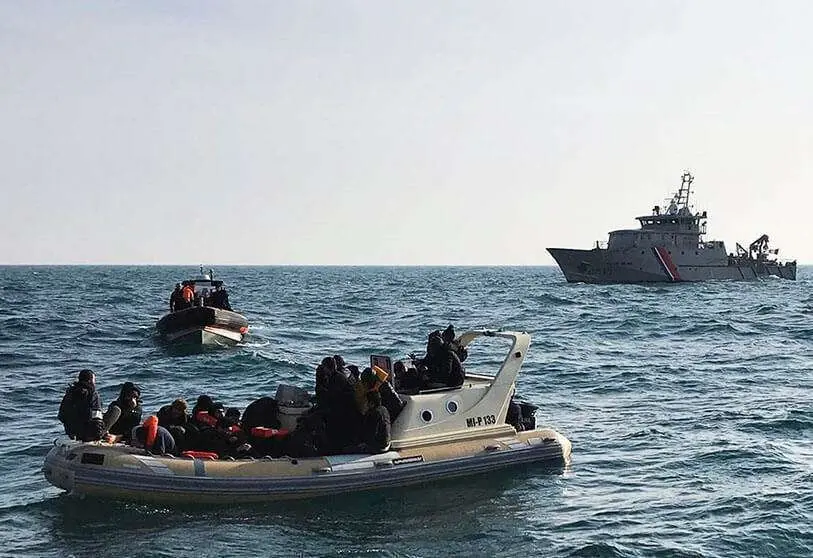
In mid-August, the US newspaper, The New York Times, focused on the illegal measures the Greek government was taking to keep refugees and migrants away from its borders.
According to the article, based on statements by survivors, members of the Turkish Coast Guard and academic researchers, at least 1,072 asylum seekers have been pushed into the water to fend for themselves. Migrants have been forced to jump into the sea in life rafts in at least 32 different expulsions.
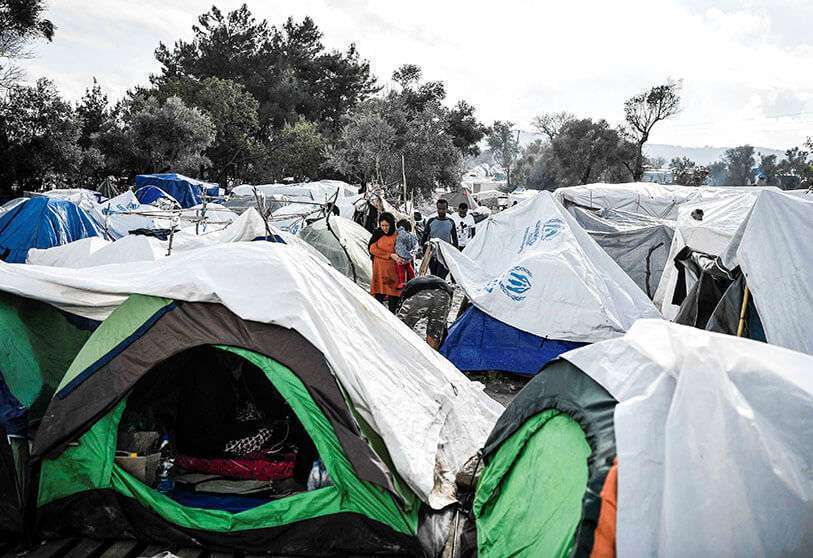
These expulsions, according to international law, are illegal and the danger they represent for human life contradicts the principle of "non-refoulement", which prohibits these activities.
In international law, the principle of "non-refoulement" guarantees that no one should be returned to countries where they may be tortured or subjected to cruel, inhuman or degrading treatment. This principle is binding on all those countries, including Greece, which are signatories to the 1951 Convention relating to the Status of Refugees, the 1967 Protocol relating to the Status of Refugees or the 1984 Convention against Torture.
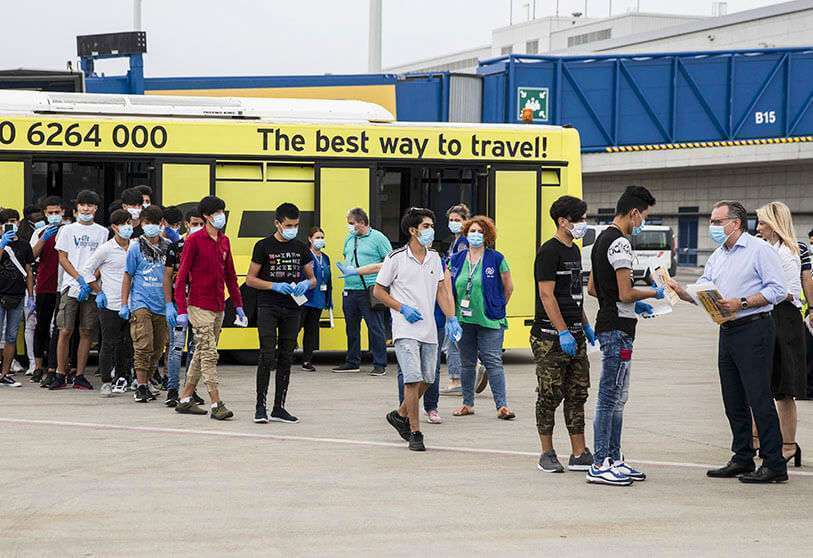
The Greek Minister of Migration and Asylum, Notis Mitarakis, issued a statement declaring that Greece has pursued a tough but fair migration policy and "fully respects its obligations under international law". The Greek minister questioned the statements of the Turkish Coast Guard and added that "the interviews published by refugees currently residing in Turkey do not provide any evidence that these people are at risk in Turkey and therefore can seek refugee status there". In the same line as his minister, Prime Minister Kyriakos Mitsotakis described his country on CNN on 22 August as a victim of a disinformation campaign by Ankara that wants to turn the migration problem into a "weapon".
Although relations between the two countries have never been good, since Turkey declared that it would open its land border with Greece, putting a pulse on the EU, thousands of people found themselves stranded between the two countries.
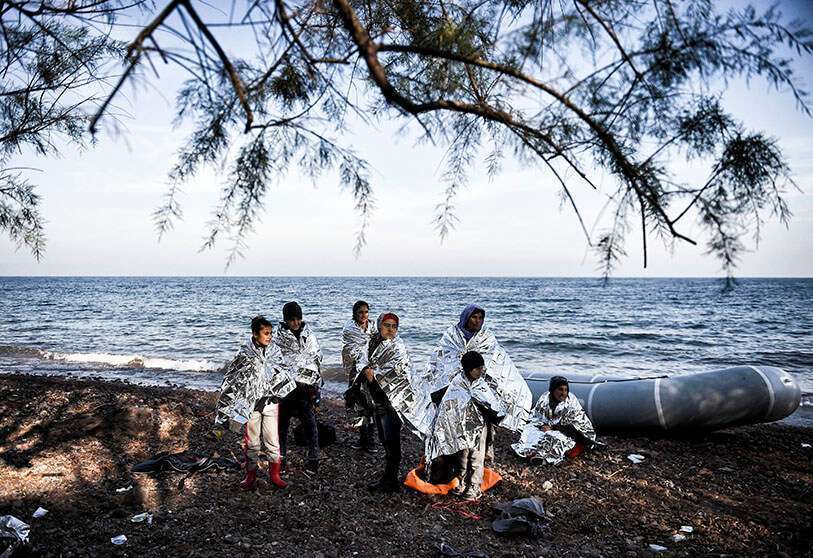
At that time, on 10 March, the NYT had warned about the hard line adopted by Athens with the immigrants and revealed that the Greek government was detaining these people in a secret extra-judicial place before expelling them to Turkey, without following the due process under international law. Several international organisations such as Human Rights Watch have denounced Greece for pushing boats carrying hundreds of migrants into Turkish waters between March and July.
The coronavirus has left countries such as Tunisia, with great economic difficulties and high unemployment rates, or Libya, immersed in a civil war, in much more vulnerable positions and an increase in arrivals by sea this year in countries such as Italy and Malta, according to figures from the United Nations High Commissioner for Refugees (UNHCR).
But the responses by members of the European Union, such as Greece with the absence of sea rescues in the Mediterranean, have made European policies clear. Overwhelmed by the coronavirus, Europe's response has been cold. British Prime Minister Boris Johnson said canal travel was "very bad, stupid, dangerous and criminal" and lawmakers on the Italian island of Lampedusa said it was destroying tourism, according to INfoMmigration.
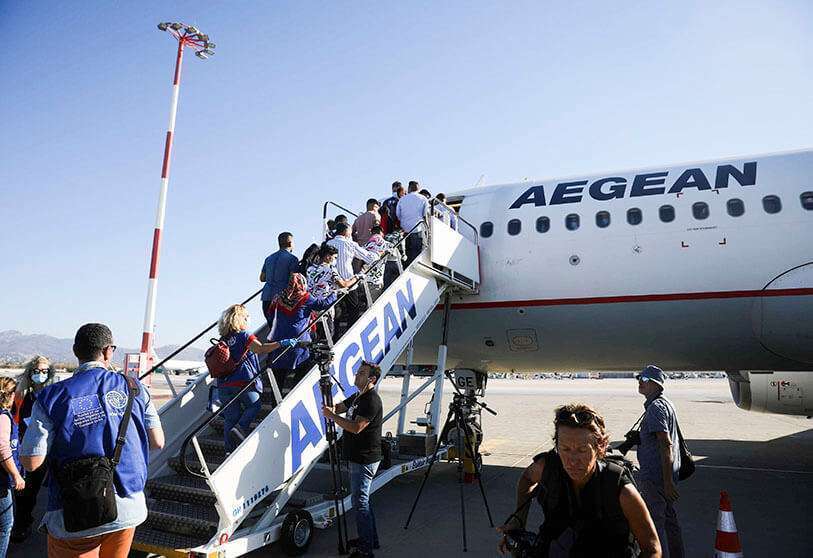
A few days ago, a man was found dead on Sangatte beach near Calais in northern France. He and a friend had tried to cross the English Channel, one of the busiest shipping routes in the world, in an inflatable boat. According to the BBC, one of the deceased's companions was 16, although the French authorities said his papers belonged to a 28-year-old Sudanese migrant and an autopsy showed him to be an adult.
UK Home Secretary Priti Patel called the death a "tragic loss" and a "brutal reminder of the abhorrent criminal and human trafficking gangs that exploit vulnerable people. According to an analysis by PA Media, nearly 4,900 people have crossed the Channel in small boats since the confinement began.
The UNHCR reports that 16,942 arrivals by sea have been recorded in Italy, compared to 11,471 for the whole of 2019.In July, 180 migrants were evacuated to Italy from a Sea Watch boat after several suicide attempts and threats of unrest.








